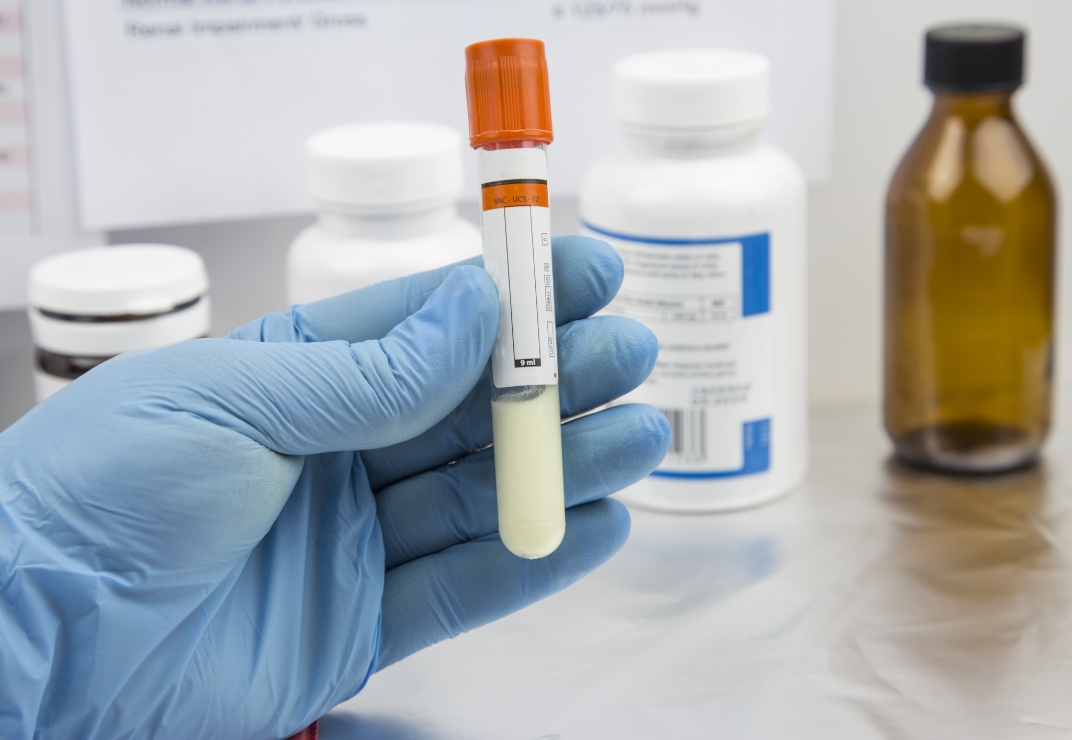Once you and your fertility physician determine that IVF is the right path for you, proper preparation is key to optimizing your chances of success. Our San Diego fertility clinic provides detailed pre-treatment guidance to help you maximize your potential for a healthy pregnancy.
Provide Key Health Information
During your initial consultation, sharing comprehensive health details helps our San Diego fertility specialists create a customized fertility plan. Factors such as medical history, past pregnancies, diet, lifestyle, medications, stress levels, and previous fertility treatments all play a role in shaping the best possible approach for your care.

Track Your Cycle
Understanding and monitoring your menstrual cycle is one of the most important factors in achieving IVF success, so it is vital to track yours. We recommend that you test for ovulation using an ovulation kit; it can tell you if you are ovulating by measuring hormones in your urine. A fertility monitor will provide even more accurate tracking. It assesses your saliva, urine, vaginal discharge or body temperature to provide detailed information about your cycle.

Pre-Treatment Exams
Before starting IVF, comprehensive medical evaluations for both partners are necessary.
Examinations may include:
- Tests for infection. Infectious disease is a possible cause of infertility. We may use urine, blood, stool, or other types of tests to screen you and your partner for such diseases.
- A uterine cavity examination. A sonohysterogram may be recommended to check for abnormalities in the structure of your uterus. It involves performing an ultrasound of your uterus after injecting a saline solution through your cervix. Your physician can also insert a narrow, lighted tube with a camera at the end into your uterus through your cervix to capture images of your uterine cavity. This is called a hysteroscopy.
- Semen testing. A semen sample is required to determine if the male partner suffers from a male infertility issue such as abnormally shaped sperm, low sperm count or low motility.
- Ovarian reserve assessment. Women have a limited number of eggs, so your physician will need to test your reserves through hormone testing and an ovarian ultrasound.

Optimizing Your Health for IVF
Improving your overall health and taking your prescribed medications is very important when undergoing IVF. Your individual treatment plan will include medications in the form of pills and injections. Your physician and your nurse coordinator will help you understand the proper instructions and schedules for these medications. In addition to taking your medications, it is recommended that you attend to your overall health prior to beginning the IVF process.
Enhancing overall health is essential for a successful IVF cycle. Our recommendations include:
- Getting at least 8 hours of sleep per night
- Avoiding smoking and limiting alcohol intake
- Maintaining a healthy diet with reduced sugar and processed foods while increasing antioxidant and Omega-3 intake
- Taking physician-recommended vitamin supplements
- Building a strong emotional support system to help manage stress throughout the IVF process
Let’s Take the Next Step Together
Our skilled fertility specialists are here to help. Contact us today and let’s discuss the next phase of your fertility journey.

